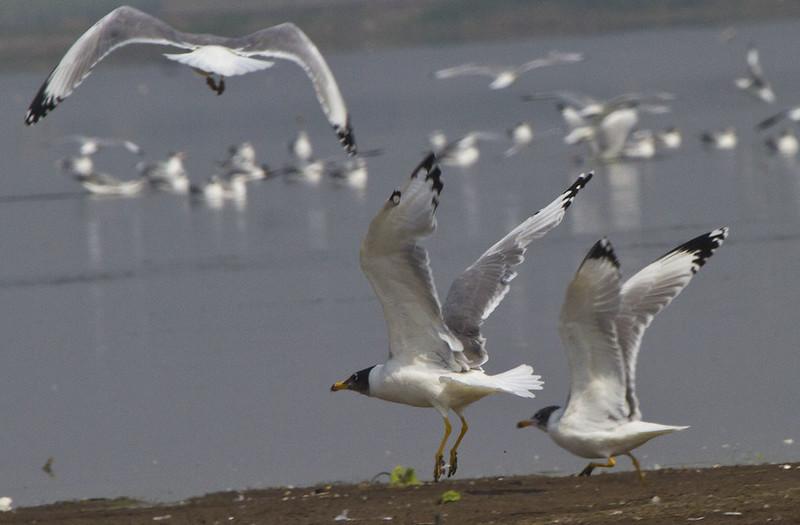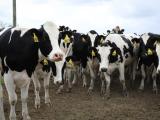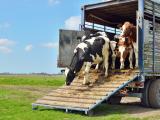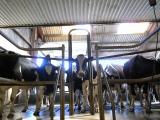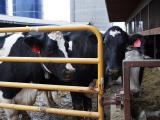In the steady stream of new H5N1 avian flu developments, China and Russia reported new H5N1 outbreaks in newly affected parts of their countries, with other countries reporting more detections in mammals, including a cat at a second animal shelter in South Korea.
Virus strikes more wild birds and poultry on 3 continents
China's agriculture ministry reported that highly pathogenic H5N1 struck wild birds in Nagqu City in northeastern Tibet, according to a July 28 government statement translated and posted by Avian Flu Diary (AFD) an infectious disease news blog.
At least 5,100 birds were affected, including brown-headed gulls. Officials disposed of the sick and dead birds, sanitized the area, and imposed movement restrictions into the area.
In Russia, fresh H5N1 outbreaks struck both poultry and a wild bird in newly affected areas, according to separate notifications from the World Organization for Animal Health (WOAH).
Health officials said the virus struck a large poultry operation in Vologda oblast in northwestern Russia. The event began on July 21, killing 27,084 of 490,644 susceptible birds.
Meanwhile, H5N1 was detected for the first time in a gull found dead near a body of water on June 28 near the city of Kurgalskij in Leningrad oblast, located in northwest Russia around the Gulf of Finland and south of two freshwater lakes.
In South America, Ecuador reported a new outbreak at a commercial farm located on Cotopaxi province in the central part of the country, the first in more than 100 days, according to a media report, which cited government agriculture officials. The detection prompted officials to extend poultry vaccination to Cotopaxi and to two neighboring provinces.
Mammal detections in South Korea and Northern Ireland
Following H5N1 detections in two cats from the same shelter in Seoul, South Korean health officials said yesterday that tests detected H5N1 in a cat from a second animal shelter in Seoul, according to a statement translated and posted by AFD. In an update today, officials said 3 of 10 cats at the second shelter have tested positive for H5N1, raising the country's total to five.
Government officials in a statement today, translated and posted by AFD, announced quarantine measures for animal facilities in the areas, surveillance and inspection at the locations, and epidemiological investigations. They said no human infections among the animal contacts have been reported so far and that environmental officials will survey wild birds, especially near the cat outbreak areas.
Elsewhere, Northern Ireland has reported its first H5N1 detection in a mammal, which involves two fox cubs in Portrush, according to the BBC, which said Irish seabird colonies have been hit hard by H5N1.
